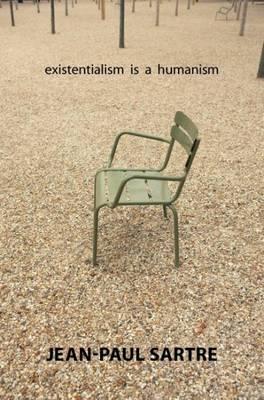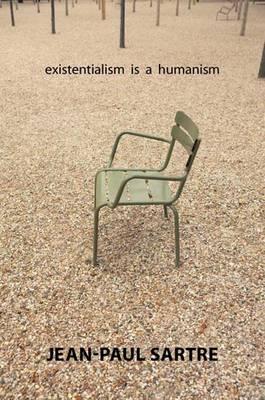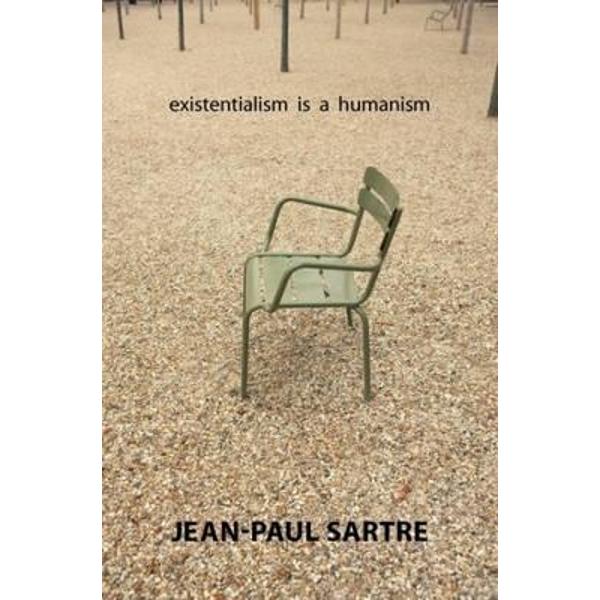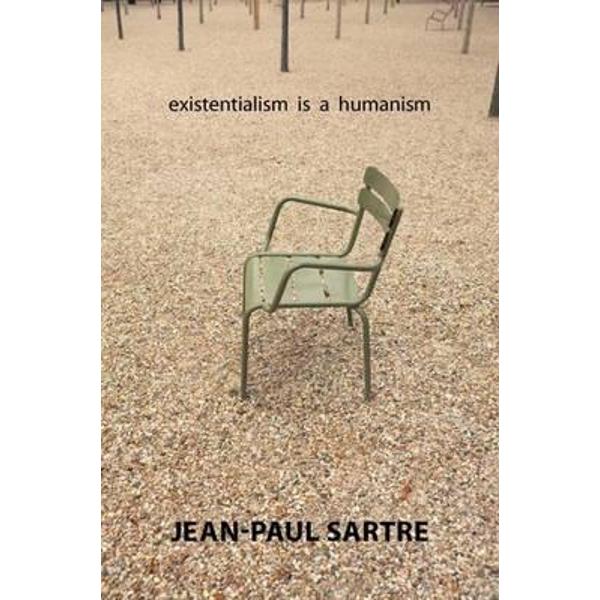Existentialism Is a Humanism
Existentialism Is a Humanism
The idea of freedom occupies the center of Sartre's doctrine. Man, born into an empty, godless universe, is nothing to begin with. He creates his essence-his self, his being-through the choices he freely makes ("existence precedes essence"). Were it not for the contingency of his death, he would never end. Choosing to be this or that is to affirm the value of what we choose. In choosing, therefore, we commit not only ourselves but all of mankind.
This book presents a new English translation of Sartre's 1945 lecture and his analysis of Camus's The Stranger, along with a discussion of these works by acclaimed Sartre biographer Annie Cohen-Solal. This edition is a translation of the 1996 French edition, which includes Arlette Elkaim-Sartre's introduction and a Q&A with Sartre about his lecture.
PRP: 61.69 Lei
Acesta este Prețul Recomandat de Producător. Prețul de vânzare al produsului este afișat mai jos.
55.52Lei
55.52Lei
61.69 LeiLivrare in 2-4 saptamani
Descrierea produsului
The idea of freedom occupies the center of Sartre's doctrine. Man, born into an empty, godless universe, is nothing to begin with. He creates his essence-his self, his being-through the choices he freely makes ("existence precedes essence"). Were it not for the contingency of his death, he would never end. Choosing to be this or that is to affirm the value of what we choose. In choosing, therefore, we commit not only ourselves but all of mankind.
This book presents a new English translation of Sartre's 1945 lecture and his analysis of Camus's The Stranger, along with a discussion of these works by acclaimed Sartre biographer Annie Cohen-Solal. This edition is a translation of the 1996 French edition, which includes Arlette Elkaim-Sartre's introduction and a Q&A with Sartre about his lecture.
Detaliile produsului















